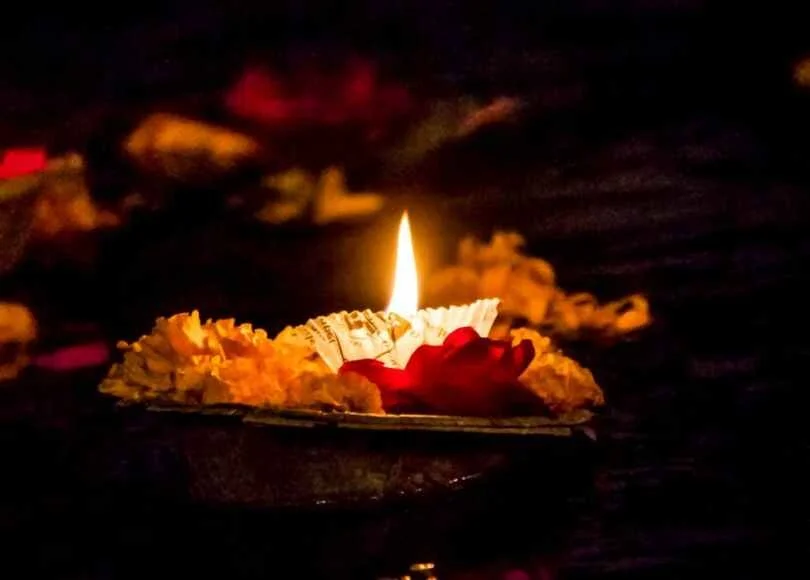A quick blog post before I start my next session...
One of the hallmarks of neoliberal spirituality is that each person is responsible for their own lives and should not look to governments or public institutions for answers. To put it into more libertarian terms, we are responsible for ourselves. Freedom is the ideal. We don't need want governments in our health care or schools because they run them inefficiently. Privatization has the answers.
So what happens if you're having spiritual or mental health problems in this society? Well, like all things capitalism, the answers are in the free market. Take a look at your local bookstore and go to the self-help section. Business is booming. The free market can give you a wide range of gurus from misogynist Tony Robbins to the fraud that is Deepak Chopra. Or if you're in the mood for a more wholesome figure, Oprah's Supersoul conversations are a great place to start. Here you can learn to be your best self and can live up to the demands of the competitive marketplace. All you have to do is meditate for peace of mind to be your best, productive self.









